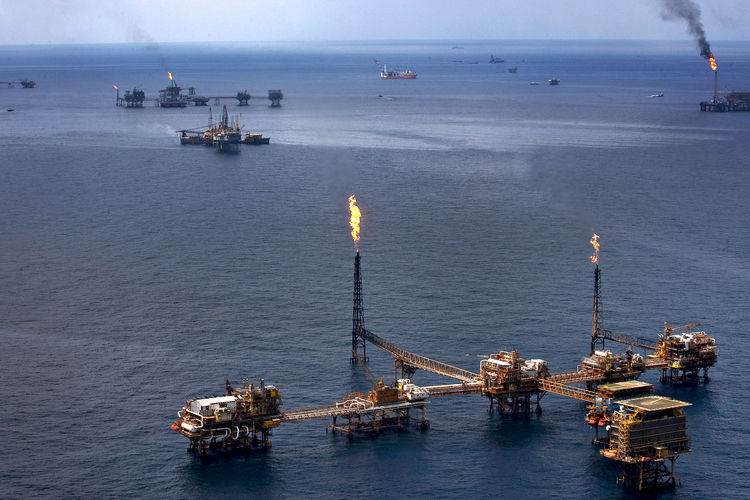- Gas Flaring Law Error Costs Nigeria Billions of Dollars
The Federal Government plans to make gas flaring more costly for companies that have escaped the payment of billions of dollars despite being fined, the Minister of Finance, Mrs. Kemi Adeosun, has said.
In the “legal framework for the gas flaring penalty, it was drafted as a charge. A charge is tax deductible,” Bloomberg quoted Adeosun to have said in a January 23 interview.
“So, what do the international oil companies do? They flare; they pay the charge on which they get tax relief. That’s just bad drafting,” she stated.
The government is approaching lawmakers to amend the law and have the word “penalty” replace “charge,” the minister said in her office in Abuja, adding, “Just that one word has potentially cost us billions of dollars.”
Oil companies flare natural gas that is produced along with crude instead of harnessing it, because that can be costly or difficult for security reasons. Nigeria has sought to limit the practice over the years as it pollutes the environment and contributes to global warming.
According to the National Gas Policy, approved by the Federal Government last year, the current gas flare penalty of N10 per 1,000 standard cubic feet of associated gas flared is too low, having been eroded in value over time, and is not acting as intended, as a disincentive.
“Consequently, the low penalty has made gas flaring a much cheaper option for operators compared to the alternatives of marketing or re-injection. The intention of government is to increase the gas flaring penalty to an appropriate level sufficient to de-incentivise the practice of gas flaring, whilst introducing other measures to encourage efficient gas utilisation,” it added.
The policy described the flaring of natural gas produced in association with oil as one of the most egregious environmental and energy waste practices in the Nigerian petroleum industry.
The policy states, “While gas flaring levels have declined in recent years, it is still a prevailing practice in the petroleum industry. Billions of cubic metres of natural gas are flared annually at oil production locations, resulting in atmospheric pollution severely affecting host communities.
“Gas flaring affects the environment and human health; produces economic loss; deprives the government of tax revenues and trade opportunities, and deprives consumers of a clean and cheaper energy source.”
The policy document stated that the government intended to maximise the utilisation of associated gas to be treated for supply to power generation or industry.
“To ensure that flared gas is put to use in markets, the government will take measures to ensure that flare-capture and utilisation projects are developed and will work collaboratively with industry, development partners, providers of flare-capture technologies and third party investors to this end,” it added.
The country is recovering from a contraction of its economy in 2016, the first in 25 years, and is seeking revenue sources to plug a $25bn infrastructure gap and fund a record 2018 budget presented in December by President Muhammadu Buhari.

 Forex4 weeks ago
Forex4 weeks ago
 Naira3 weeks ago
Naira3 weeks ago
 Billionaire Watch3 weeks ago
Billionaire Watch3 weeks ago



 Naira3 weeks ago
Naira3 weeks ago






 Naira3 weeks ago
Naira3 weeks ago




 Naira2 weeks ago
Naira2 weeks ago




 Naira4 weeks ago
Naira4 weeks ago






 Naira2 weeks ago
Naira2 weeks ago
























